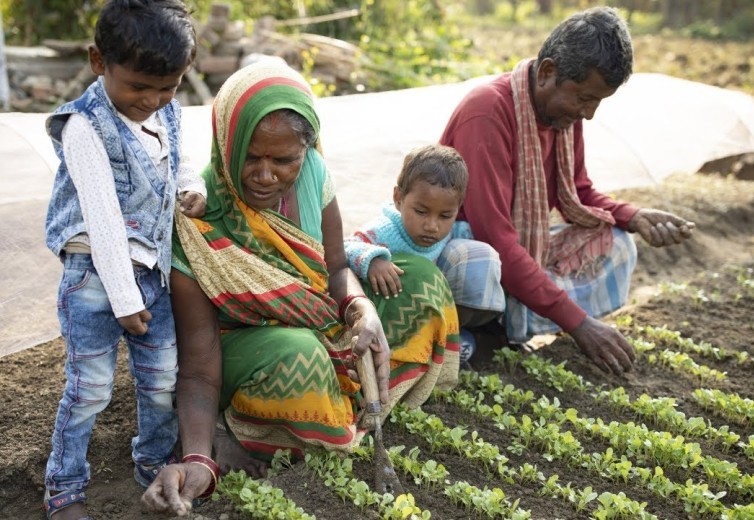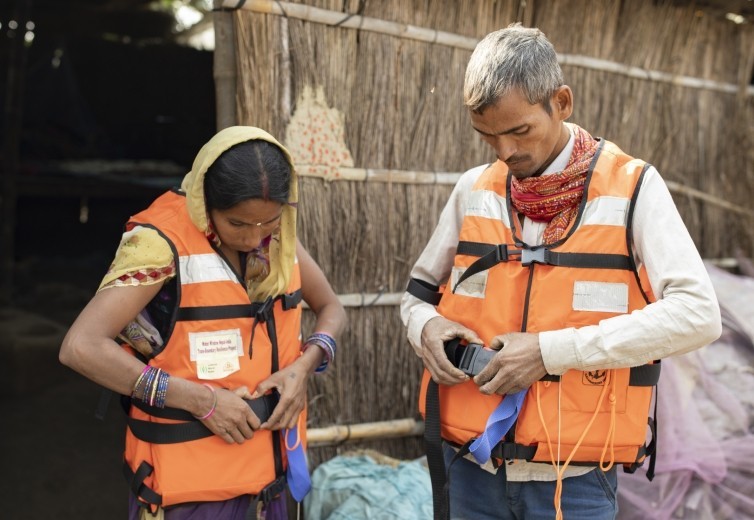Despite recent declines in poverty, Nepal remains one of the poorest countries in the world. Food insecurity, strained water resources and reductions in agricultural production are only a few of the devastating impacts of climate change that place millions at risk. Although women account for over half of Nepal’s agriculture workforce, significant gender barriers remain when it comes to healthcare, nutrition, education and decision-making. To support sustainable recovery from the COVID-19 pandemic and to foster inclusive growth in Nepal, long-term investment in rural livelihoods and disaster risk reduction is required.
Lutheran World Relief (LWR) has been working in Nepal since 2009, reaching indigenous, Dalit and marginalized communities with programs in agriculture and food security, climate change adaptation, disaster risk reduction and humanitarian assistance. Our holistic approach prioritizes women and youth and helps communities to build the resilience they need to thrive. By partnering with local non-governmental organizations, farmers’ organizations, and private sector actors, LWR continues to strengthen agricultural enterprises while enhancing sustainable water management and climate-adaptive systems.
Project Highlights
LWR implements the USAID BHA-funded Strengthening Local Governance for Disaster Resilient Communities (SAKSHAM) project to strengthen community resilience through an integrated approach to disaster risk reduction and management (DRRM) and local capacity strengthening. While advancing climate-smart agriculture practices, SAKSHAM impacts nearly 300,000 community members who live in flood-prone districts near the Koshi and Kamala rivers. By supporting livelihoods and financial resilience through cooperatives, community disaster risk management committees (CDMCs), microfinance institutions and insurance programs, LWR is strengthening community capacity and advancing the inclusion of women and marginalized groups in DRRM planning. Government capacity is enhanced through localization of emergency operation centers and uptake of the Building Information Platform Against Disaster (BIPAD) portal. SAKSHAM is also increasing the speed and efficacy of early warning systems through social media and multi-hazard mass sirens.
Through the Transboundary Flood Resilience (TBR) project, LWR and our local partners are assisting communities located along the India-Nepal border to strengthen their resilience to the devastating effects of annual flooding. Launched in 2013, TBR organizes community members into community disaster risk management committees (CDMCs) as well as into transboundary citizen forums to prepare for and adapt to recurrent flooding by enhancing community capacities on early warning, first aid, search and rescue and rehabilitation services. We also advance community adaptation through climate-smart agriculture practices and livelihoods diversification, including riverbed farming, portable vegetable nurseries, raised nurseries, and hanging vegetable farming. LWR implements the project through a market systems approach that engages private sector actors, such as insurance companies, agrovets and seed companies, as well as local cooperatives and savings and loan associations to support rural livelihoods and ensure more robust linkages to local and national government institutions.
LWR improves the uptake of COVID-19 vaccine among rural communities by increasing vaccine demand and providing efficient delivery and equitable access to vaccines in rural areas. In partnership with three local nonprofits, the project is implemented in the Gorkha, Tanahun, Nawalparasi-East, Nawalparasi-West, Saptari, Siraha and Bardiya districts of Nepal.
LWR improves health resilience among vulnerable communities in the Bardiya, Kailali and Kanchanpur districts of Western Nepal. With local partners Dalit Feminist Upliftment Organization (DAFUO), Backward Society Education (BASE) and National Environment & Equity Development Society (NEEDS), LWR strengthens the capacity of health systems to respond to COVID-19, builds community resilience to future shocks and works to restore affected livelihoods.
Working in close partnership with cooperatives, LWR has improved the lives of thousands of rural farm families in Nepal by increasing profitability in agricultural value chains and diversifying livelihoods. LWR’s Citrus Market Development project works in nine rural municipalities in the Gorkha, Nawalparasi and Tanahun districts to support farmers’ citrus cultivation and market access while promoting market growth. The project works with smallholder farmers and six cooperatives to provide training to improve crop quality, fruit grading, orchard management, collective marketing, product pricing, safe product storage, market linkages and post-harvest handling.
LWR partners with the private sector to improve inclusive outcomes for marginalized communities through our Yuwa Udhhami (“youth entrepreneurship”) project. The project enables youth from marginalized communities in Nepal’s Bardiya district to develop entrepreneurial skills and capacity in agriculture-based small and medium enterprises (SMEs). The project targets ethnic minorities, Dalits and women as it trains youth on the production of high-value crops, provides coaching for business plan development, and creates linkages to financial institutions, cooperatives and markets. Promotion of climate-smart farming practices through youth-led agricultural enterprises enhances ecosystem functioning and is leading to the adoption of profitable enterprises.
LWR and local partner SAHAMATI partnered on the Mahila Udhhami (“women’s entrepreneurship”) project to empower women in eight rural municipalities in Gorkha, Tanahun and Nawalparasi districts to become successful entrepreneurs. The project improved women’s access to markets and government resources, strengthened fundamental business management and planning skills, improved women’s access to credit, and assisted women to formalize and register their enterprises. Targeting Dalit women, single women, and women who have lost their jobs due to COVID-19, the project not only promoted entrepreneurship within cooperatives to allow for continued mentorship and knowledge transfer but also established market outlet centers for women to sell their goods and to strengthen local networks.
Working through local partner Institute for Social and Environmental Transition - Nepal (ISET), LWR supported urban community resilience in the Kathmandu Valley by improving knowledge and awareness of disaster risk governance, disaster risk financing and disaster risk communication. Working with municipal leaders, we supported the creation of community-based disaster management committees (CDMCs), supported CDMCs with disaster vulnerability and capacity mapping, and strengthened their institutional capacity to manage disaster risks and incorporate disaster risk reduction in risk-sensitive and inclusive municipal planning processes.
LWR’s Improving Resilience through Livelihood Improvement project was implemented in five flood-prone rural municipalities in the Nawalparasi District in Nepal. The project helped farmers to increase crop diversification in the face of a changing climate and environmental degradation. Community-based disaster risk reduction plans were developed, and farmers were trained on flood and drought resistant farming practices, crop diversification, commercialization of higher value commodities (vegetables, bananas, and cereals), and improved access to inputs, storage, and markets.
LWR and Multi-Dimensional Action for Development (MADE) collaborated on the Hamro Sampada (“our natural resources”) project to address various pressures on local forests and biodiversity, including degraded agricultural land, monoculture, overgrazing and lack of knowledge among farmers of climate-smart agricultural practices and biodiversity conservation. The Hamro Sampada project improved the functioning and resilience of the ecosystem in Nepal’s Lamjung and Gorkha district, both of which were heavily affected by the 2015 Nepal earthquake. The project promoted locally appropriate, low-cost and low-maintenance approaches that communities can apply with their existing resources. The project introduces viable non-forest alternative livelihoods and trains community forest user group on forest management, conservation and sustainable grazing practices and payment for ecosystem services.
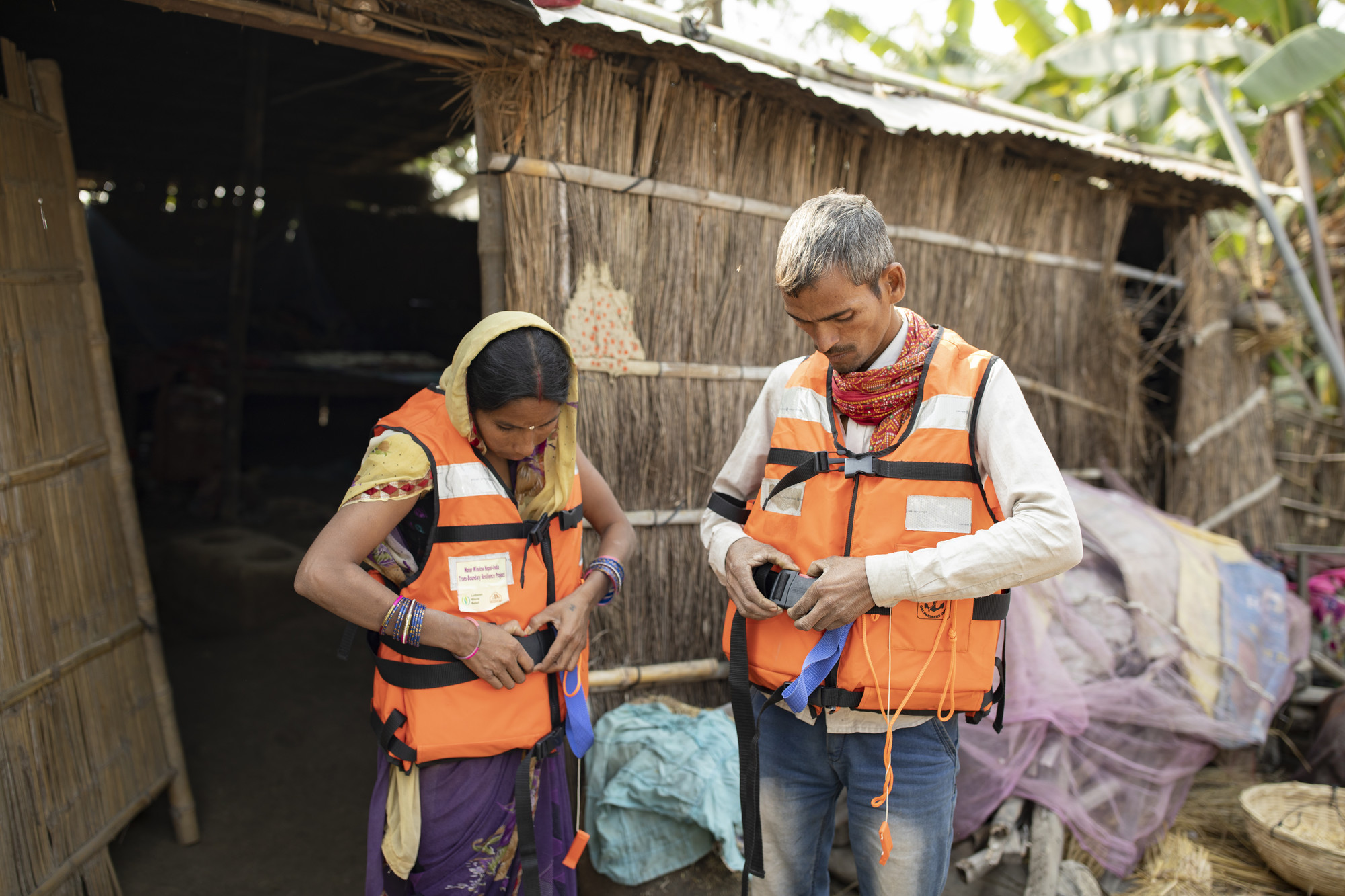
The Corus Effect
Lutheran World Relief is part of Corus International, an ensemble of global leaders in international development and humanitarian assistance. In addition to Lutheran World Relief, the Corus family of organizations includes global public health agency IMA World Health, U.K.-based technology for development company CGA Technologies, impact investing group Ground Up Investing, and direct trade company Farmers Market Brands.
We operate as permanent partners, integrating expertise, disciplines, approaches and resources to overcome global health challenges, develop productive and stable economies, improve resilience in the face of climate change, and respond to natural disasters and humanitarian crises.
With the support of our family's diverse set of partners and funding – from multi- and bilateral institutions and foundations to the private sector and individuals – we invest in solutions that are innovative, scalable, holistic and move the needle towards transformational change.
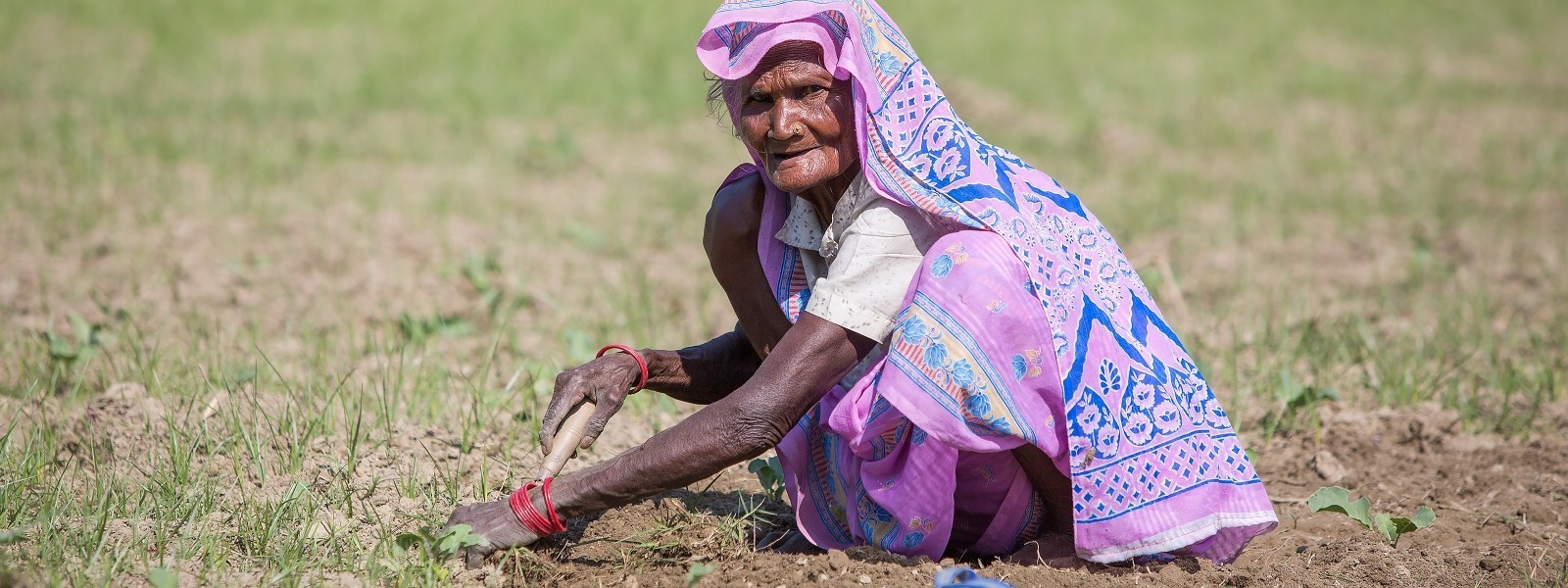
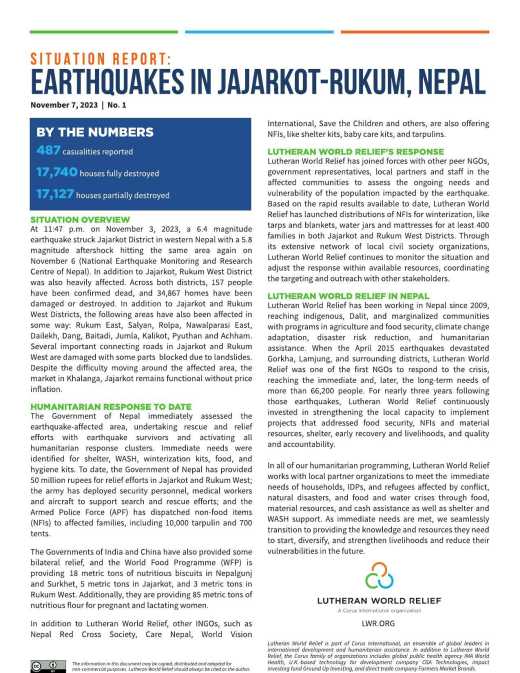
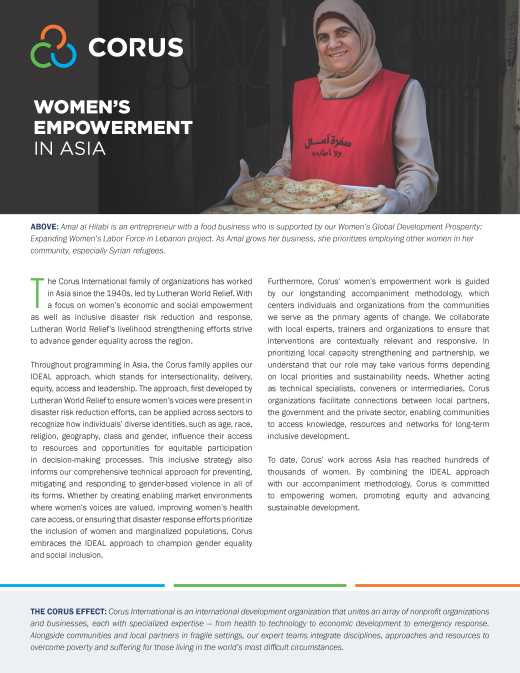
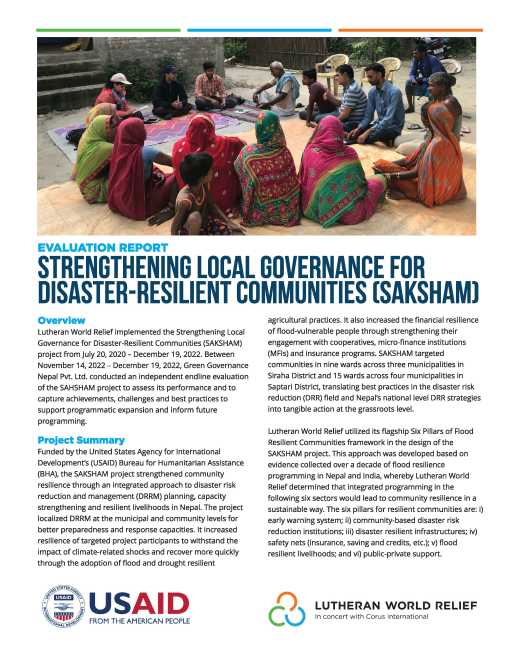
.jpgceb9.jpg)
